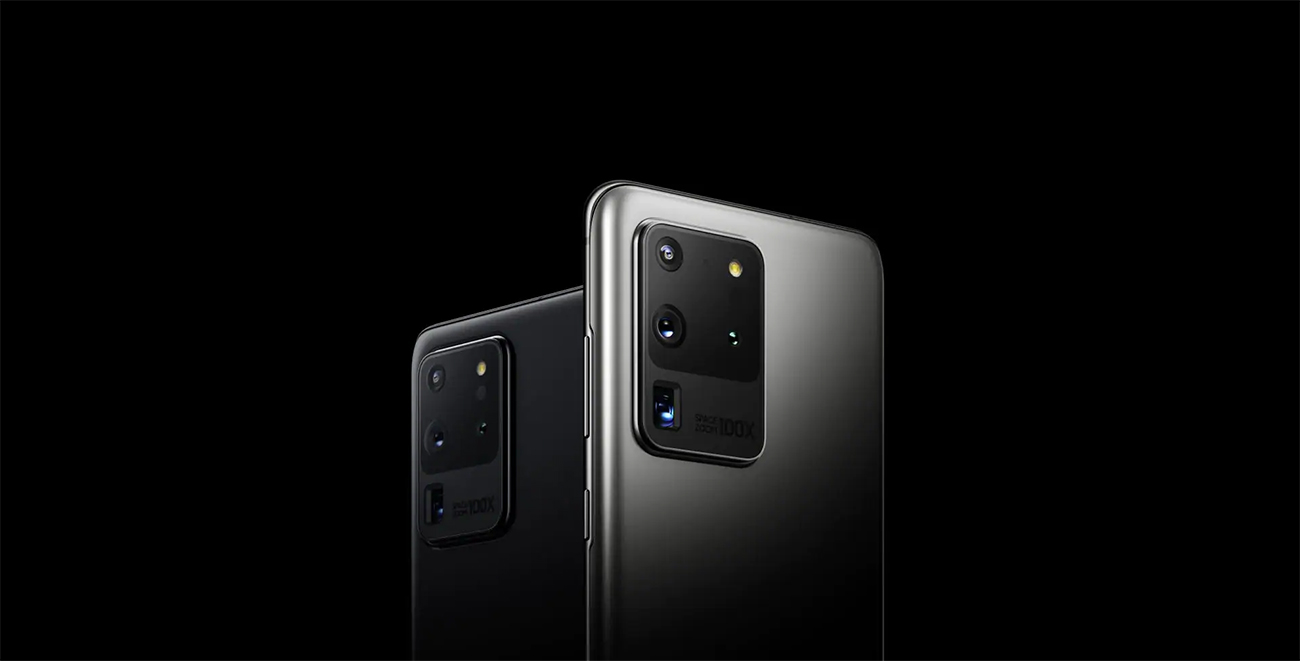 The conversation in virtual world usually happens in places that allowd people to post something. We see what is happening in Twitter, Facebook timeline and on the comment box of a blog. Principally, the Web 2.0 introduced by Tim O’Reilly focuses on two way communication, which means every media is designed for conversations.
The conversation in virtual world usually happens in places that allowd people to post something. We see what is happening in Twitter, Facebook timeline and on the comment box of a blog. Principally, the Web 2.0 introduced by Tim O’Reilly focuses on two way communication, which means every media is designed for conversations.
What do I want to discuss with the title above? It’s related to the power of conversation happening in the process of socializing in the online world which will directly affect the owner of the identity. I once wrote about how a buzzer keeps their ‘asset’, and then I also wrote about how someone can stand out among other personas. The bottom line of those discussions is about the fundamental of a conversation with limitations in the virtual world, which could lead you to a way you’d never imagine if you can’t control it.
Many believe that the appearance of oneself in the virtual world is one’s individual right…. nothing can argue with that. So, when brought to that personal aisle, the responsibility seems insignificant. But the thing with social media or the internet is the world with “open” standard. With that awareness, the option for those who are sensitive to such wide openness is not to use it, so it seems to end in self alienating behavior. Imagine, you’d be surprised if you see someone not using a cell phone nowadays. The world has changed, the behavior changed, standard is shifting. So like it or not, we are suddenly in the pit of social media and internet, together with almost everybody we know.
The conversation in the virtual world is dominated by text, where the message usually carried out during the conversation in the real world is spread in limitation. With this limitation, how can we be sure of the character or person we’re communicating with? It’s as simple by observing the language style, talking style, writing pattern, word usage, written emotions, etc., which focus on eye versus writing.
Many are ignorant and do not care about how they talk in the virtual world… yes, that is their right and the consequence yes, also falls on their shoulders, such as getting the wrong perception from the community etc. But on other hand, we can also build community’s perception to the direction we desired.
People probably have forgotten about the term blogwalking* (goes along with the popularity shifting from blog to social media, like Twitter), but when we see the essence of blogwalking, it’s not only about visiting our favorite blogs and read but blogwalking is the most powerful mingling tool. Certainly, conversations must be made after visiting, for example leaving a comment on the articles that we deem interesting and who knows it can lead to a discussion.
If we borrowed that blogwalking term and tweak it a little to be social media mingling, then blogwalking becomes even broader and the point is by mingling and converse, we can show who we are, where we stand, our expertise, etc. And if this is done continuously, then the perception of virtual world society is shaped. Let me give you an example:
What do you think when you see a conversation below:
- A: Hey man… what’s up with our business? My boss been waitin’ on the goods
- B: What about it? Our superior has been waiting for the goods to be delivered.
From the two sentences, I’m sure we all can easily categorized A as lower class hipster and B at least graduated from college. The question is… can we be sure of such assumptions? No one knows. What if we judge by level of trust? It’s clear with those two sentences that B is more trusted than A. So, my next question is how you want the virtual community think about you? Certainly, the decision is in your hand.
Note:
*blogwalking: The activity of visiting other blog by leaving a “trace” in the form of comment, discussion and a link back to one’s own blog.
 Abang Edwin is a practitioner of online community management since 1998 long before the term social media/social networks become popular. He began his journey by experimenting with several online communities which eventually successful at that, to this day he still gives consultations about knowing character and foster online communities for brands / agencies and individuals.
Abang Edwin is a practitioner of online community management since 1998 long before the term social media/social networks become popular. He began his journey by experimenting with several online communities which eventually successful at that, to this day he still gives consultations about knowing character and foster online communities for brands / agencies and individuals.
He was at Yahoo! for over 4 years as a community manager. Currently he is Country Manager – Indonesia for Thoughtbuzz.net, a social media monitoring company.
[Image]









